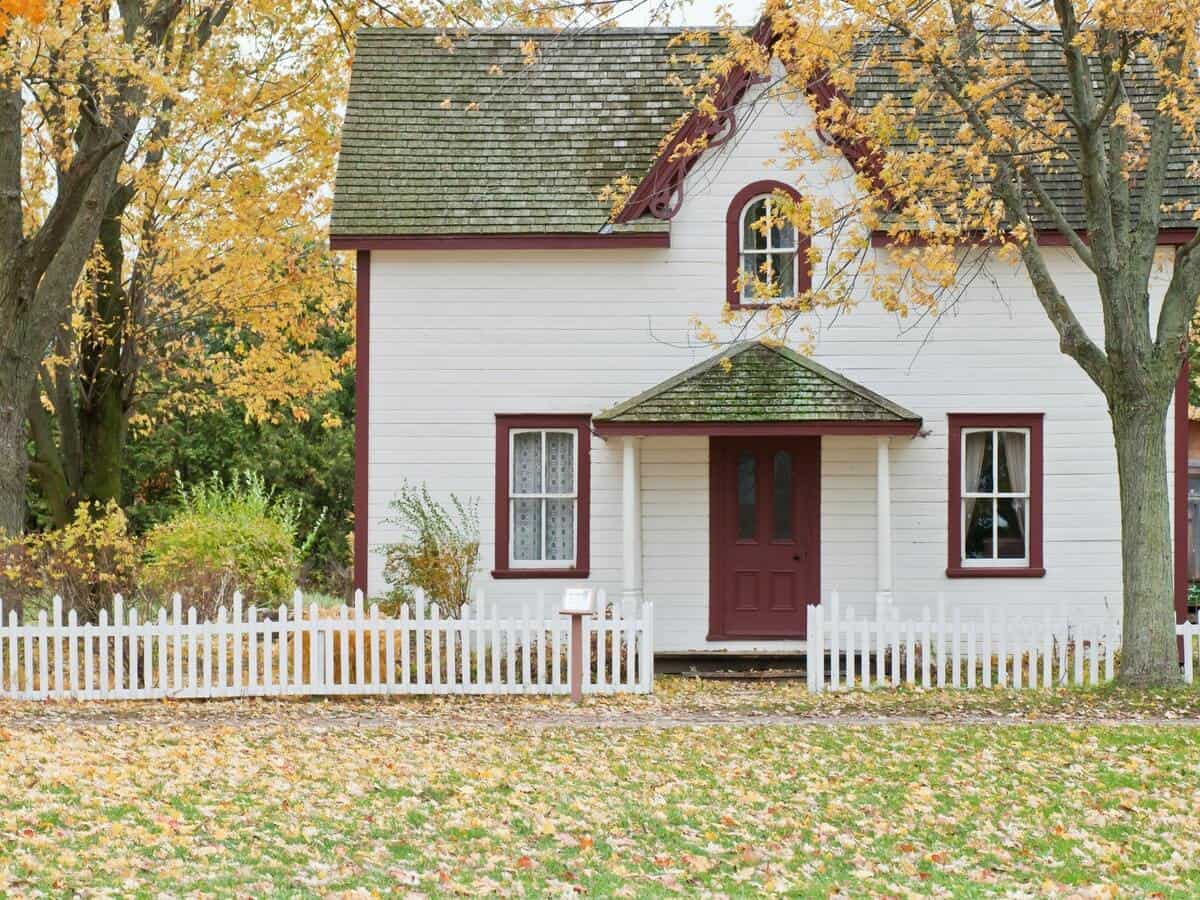Home energy audits are a great way to identify where to save money and improve comfort around the home. This highly specialized home audit is a comprehensive overview of the house. It examines the various elements that impact energy consumption and efficiency. Through an energy audit, people can learn how to save energy all year round. These findings help homeowners decide what work needs to be done and what projects should take top priority!
A homeowner energy audit can be helpful even if you have no plans for major renovations or changes. But the actual value of a home energy audit is when you plan on making upgrades or repairs. This is because it gives you areas to focus on to get the most bang for your buck. Let’s talk about what these audits are and why they matter!
What is an Energy Audit?
In simple terms, a home energy audit is an inspection of the home. However, it is much more than simply checking for structural integrity or visual signs of damage. Energy audits of the home look at the various elements that impact energy consumption and efficiency. These audits are completed by professionals and generally take only a few hours to complete for the average-size one-story home. A professional auditor will look at :
- The type of insulation in your attic or basement area. As well as any insulation between the walls and under the flooring in the home.
- The age of your windows and doors. For example, think of the shape they’re in, what they’re made of, and how high of an energy rating they have.
- How well-sealed access points are. Such as around doors and windows, plus plumbing and wiring entry points.
- Whether or not any air leaks are detected. This could be around doors, windows, in the basement, attic, crawlspaces, and other hidden areas.
What is an energy audit? Home energy audits focus on the various elements that impact energy consumption and efficiency. It also pinpoints areas that might be causing a home to be less sustainable. The more problem areas there are, the more energy is wasted each year to heat and cool the home. This wasted energy has a tremendous impact on the environment.

Why Should We be Concerned About Our Carbon Footprint?
The world’s population is snowballing, and so are its energy demands. As the global population continues to grow, so does the demand for energy and resources. With this increased demand comes increased consumption. For example, as our population grows, so does our water consumption. This has has led to severe problems such as water pollution, droughts, and shortages in developing countries.
The same thing is happening with our consumption of fossil fuels such as oil and coal. Fossil fuels are non-renewable resources that take millions of years to form through the process of photosynthesis by plants (which we then burn up). Fossil fuels are also finite resources; once we run out, there won’t be any more left for us to use.
As fossil fuels burn, they release carbon dioxide into the atmosphere, contributing to global warming. Making moves now and taking small steps today to move towards energy independence is a huge step in improving the world as we know it.
The final impact is that it can negatively change the climate and the environment. But there are ways to slow down this trend and protect the world as it is today. It can happen by being more mindful of our energy use and curbing energy waste around the home. Knowing how to answer the question of what is a home energy audit, is the first step toward this!
Who Does Home Energy Audits?
The home’s energy audit can be done by professionals. They know what know what to look for and the less-than-obvious signs to watch for. Most experts recommend that homeowners have an energy audit performed once every three to five years on average.
There are no restrictions on when to have a home energy audit, so you can get one done throughout the year. Additionally, if you live in an area with extremely high or low temperatures, you might be better served with an audit every two to three years.
Many people think that when they get their homes inspected for mold or termites, they’re also having energy audit done. Unfortuantely, this isn’t the case! Those inspections focus strictly on structural issues such as moisture intrusion, sound pollution, and pest damage. If you want to assess how well your house uses energy and where wasteful areas of the home might be, you need a proper home energy audit!

Why Do Audits Help?
An energy audit is a way to get an objective perspective on how you are using energy in your home. The auditor will check all of the systems in your house. Including heating and cooling equipment, lighting, appliances, and water use to see how much energy they pull and how efficient they are. They will also look at ways to reduce waste and increase efficiency by recommending upgrades or changes that can help lower your utility bills. What is an energy audit, and why is it important today? A home energy audit offers the following insight to homeowners and can help in the following ways:
- An energy audit will help you discover how much your home costs you each month. This is regarding your energy consumption and monthly utility bill and show you the big picture.
- It can also tell you what changes you might want to consider so you can lower those bills and make your home more sustainable.
- An energy audit will help you understand the cost of running certain appliances and how they compare to other appliances in terms of energy efficiency and cost per use.
- An energy audit will help identify areas where insulation needs to be improved or replaced and where drafty windows and doors need replacing with more energy-efficient ones.
- An energy audit can reveal whether any leaks in your HVAC system are wasting money on monthly excess heating or cooling costs.
Once they’ve completed their inspection, the auditor will provide you with recommendations on reducing your total annual energy consumption, which will translate into significant savings on utility bills!
Home Energy Audits are Essential Tools for Homeowners
Homeowners who have had an audit report back often say they were surprised by how much money they spent on utilities without knowing the big picture. Yes, they see the bill every month, but knowing what areas and systems of the home contribute the most to that bill can be a very eye-opening experience. Even more surprising is when they see how easy it can be to reduce their energy consumption by following the report’s recommendation.
Home energy audits can help you identify areas to save money, improve comfort and health, and improve the environment. A professional home energy auditor will look at your house from top to bottom. They’ll check out things like insulation levels, air leakage through doors and windows, ductwork efficiency, water heating systems efficiency, lighting fixtures ratings, appliances energy consumption, as well as other factors that affect your utility bills.
Next Steps After the Energy Audit is Finished
What are the next steps for homeowners once the energy audit is completed? What do they need to do to make the most of the audit and make their home as energy efficient as possible? Here are some tips that should prove useful following a home energy audit:
- Make critical renovations, repairs, and upgrades around the home based on the various recommendations included in the final auditing report.
- Contact local utility companies about rebates and incentives for making improvements that reduce your energy use and improve sustainability.
- Consider hiring an expert who can help you implement changes and answer questions while saving you time, money, and energy.
- Upgrade home appliances to be more energy efficient and less costly, especially in areas that are used often such as the bathroom and the kitchen.
- Ensure HVAC systems and ductwork are clean and operating efficiently and consider upgrading to a better water heating system for the home as well.
- Talk with local contractors about how to address the various points brought up in the home energy audit report to prioritize the to-do list.
Answering the question of what is an energy audit is something every homeowner needs to be ready to face. Audits can help identify areas to save money, improve comfort, and give homeowners peace of mind that their homes are being properly maintained. They make it easier to pinpoint what uses the most electricity in the home.




